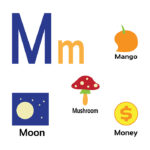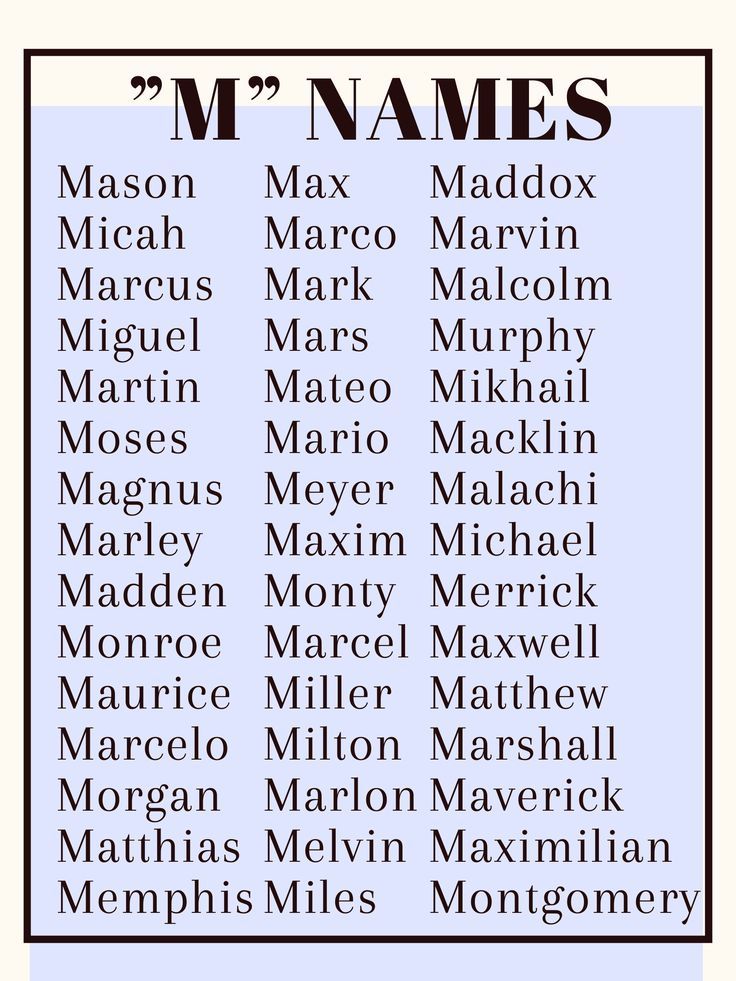Space Words That Start With M
1. Meteor
2. Moon
3. Mars
4. Milky Way
5. Magnetic Field
6. Microgravity
7. Meteorite
8. Magnetosphere
9. Mission
10. Mapping
11. Magnitude
12. Martian
13. Monolith
14. Module
15. Magnetar
16. Mass
17. Meteorscope
18. Moonscape
19. Mesosphere
20. Magma
21. M87 (a galaxy)
22. Magnetopause
23. Moon Landing
24. Mass Driver
25. Meteor Shower
26. Model Rocket
27. Manned Spaceflight
28. Mare (such as Mare Tranquillitatis on the Moon)
29. Magellanic Clouds
30. Microsatellite
More About Space Words That Start With M
Welcome to the exciting world of space exploration! In the vast expanse of the cosmos, we are constantly uncovering new wonders and gaining insights into our universe. Today, we will embark on a fascinating journey through space, discovering intriguing celestial objects and concepts that all share one commonality they begin with the letter “M”.
As we delve into this alphabetical odyssey, we will come across mesmerizing space-related terms that ignite our curiosity and encourage us to explore further. From majestic celestial bodies to mind-boggling phenomena, the “M” words of space encompass a wide array of captivating subjects.
Our first stop brings us to the magnificent marvels known as “Moons”. Moons are natural satellites that orbit planets, providing enchanting companionship to their host worlds. These celestial bodies come in various sizes, with some even larger than certain planets themselves. Our own moon, Earth’s faithful satellite, has been an object of fascination and scientific inquiry for centuries. Other moons, such as Jupiter’s volcanic moon Io or Saturn’s icy moon Enceladus, captivate us with their unique landscapes and potential for harboring extraterrestrial life.
Moving further into our space exploration, we encounter the enigmatic “Meteors”. Often called shooting stars or falling stars, meteors are small celestial objects that burn up as they enter a planet’s atmosphere. They create jaw-dropping streaks of light across the sky, mesmerizing stargazers worldwide. Meteor showers, such as the famous Perseids or Leonids, provide incredible celestial spectacles, leaving us in awe of the vast cosmic debris that exists beyond our atmosphere.
Venturing deeper into the cosmos, we come across an extraordinary phenomenon known as “Microgravity”. Microgravity refers to the condition in which the force of gravity is greatly diminished, creating an environment that allows objects to seemingly float freely. This state can be experienced on spacecraft or during spacewalks, and it unveils new possibilities for scientific research and technological advancements. The unique behavior of fluids, the mechanisms of combustion, and the effects of prolonged spaceflight on the human body are just a few of the fascinating subjects that scientists study in microgravity.
Our explorative journey wouldn’t be complete without mentioning the mind-blowing concept of “Multiverse”. The Multiverse theory proposes that our universe is not alone, but rather one among a countless number of parallel universes, each with its own set of physical laws and properties. Although still a theoretical framework, the notion of a Multiverse stretches our imagination and challenges our understanding of the vastness and complexity of existence.
Lastly, we cannot forget to mention the awe-inspiring “Milky Way”. The Milky Way is the spiral galaxy in which our solar system resides. With its countless stars, gas clouds, and galactic arms stretching across our night sky, the Milky Way serves as a constant reminder of the beauty and grandeur of our cosmic home.
As we conclude our introduction to space words starting with “M”, we hope you feel inspired and eager to embark on this enchanting journey. In the following articles, we will delve deeper into each of these captivating subjects, providing you with remarkable insights and expanding your knowledge of the cosmos. Join us as we continue to explore the mysteries of space, one letter at a time.
Space Words That Start With M FAQs:
1. What is a meteorite?
– A meteorite is a solid piece of debris from an asteroid or comet that survives its journey through the Earth’s atmosphere and lands on the surface.
2. What is a moon?
– A moon is a natural satellite that orbits around a planet or other celestial body.
3. What is a magnetic field?
– A magnetic field is an area around a celestial object, such as a planet, where magnetic forces are present and can affect nearby objects and particles.
4. What is a mission?
– A mission refers to a planned space exploration venture that typically involves sending spacecraft, satellites, or astronauts to conduct research or accomplish specific goals.
5. What is a meteor shower?
– A meteor shower is a celestial event that occurs when the Earth passes through a stream of debris left behind by a comet, resulting in multiple meteors becoming visible as they enter the Earth’s atmosphere and burn up.
6. What is a manned spaceflight?
– A manned spaceflight is a space mission in which astronauts are onboard a spacecraft as it travels to and from space, exploring and conducting experiments.
7. What is a microgravity environment?
– A microgravity environment refers to the condition in which gravity appears significantly weaker than on Earth, allowing objects and individuals to experience a near weightless state.
8. What is a multiverse?
– A multiverse is a theoretical concept suggesting the existence of multiple parallel universes, each with its own set of physical laws and conditions.
9. What is a Mars rover?
– A Mars rover is a robotic vehicle designed for exploration and research purposes on the planet Mars. These rovers are typically controlled remotely from Earth.
10. What is a Milky Way?
– The Milky Way is the spiral galaxy in which our solar system is located. It is composed of billions of stars, gas, dust, and other celestial objects.



















